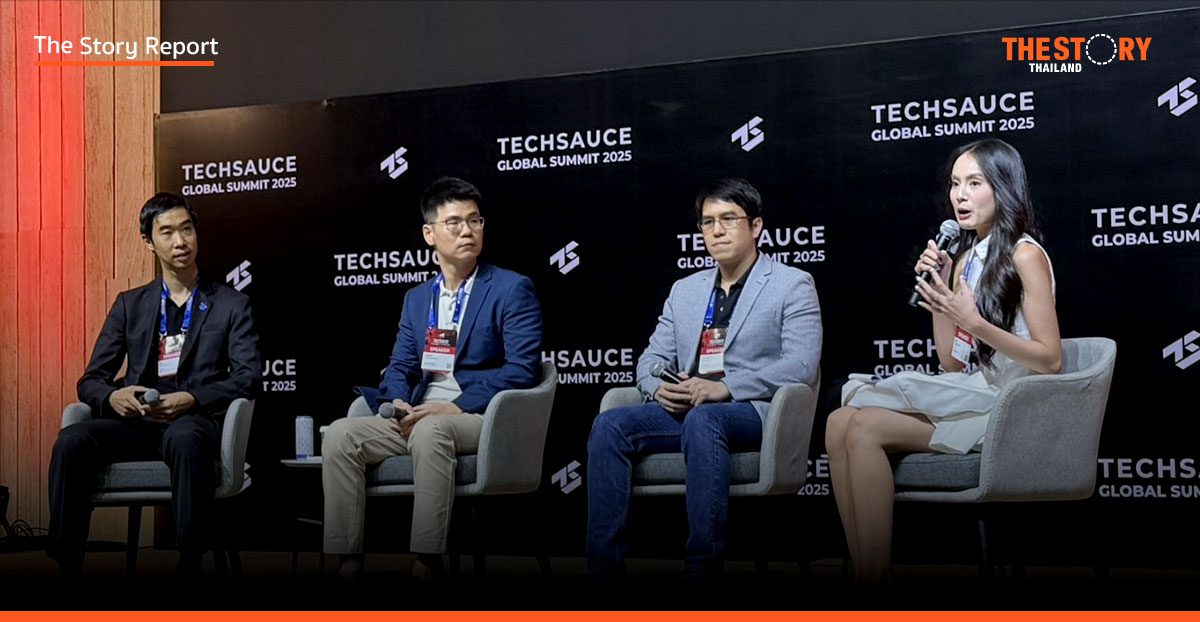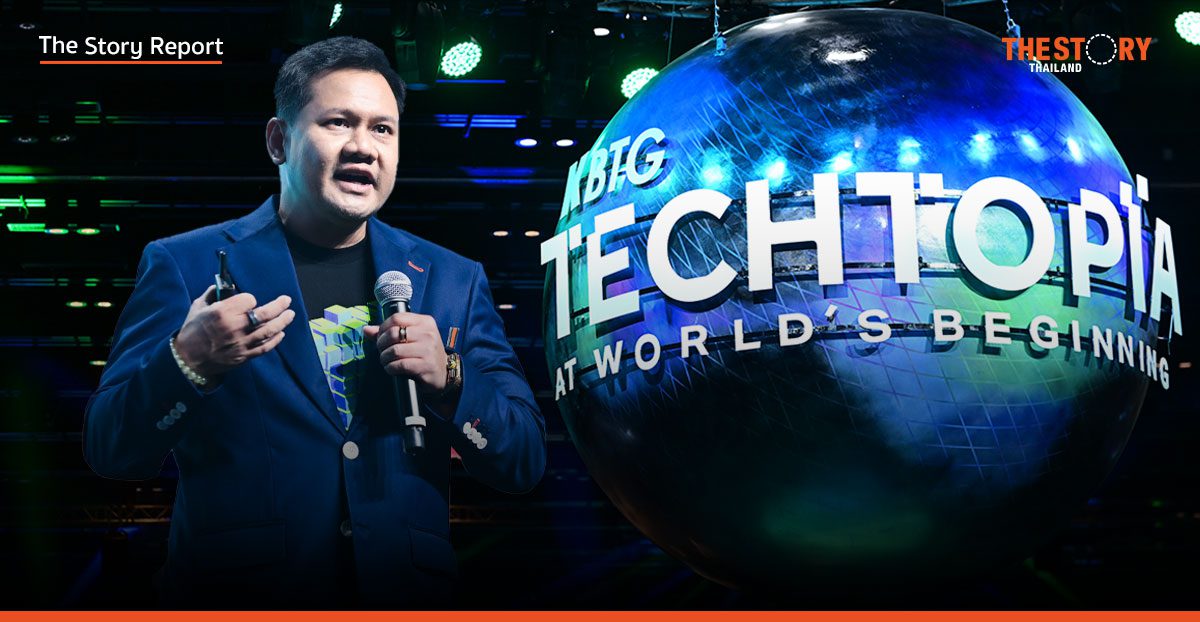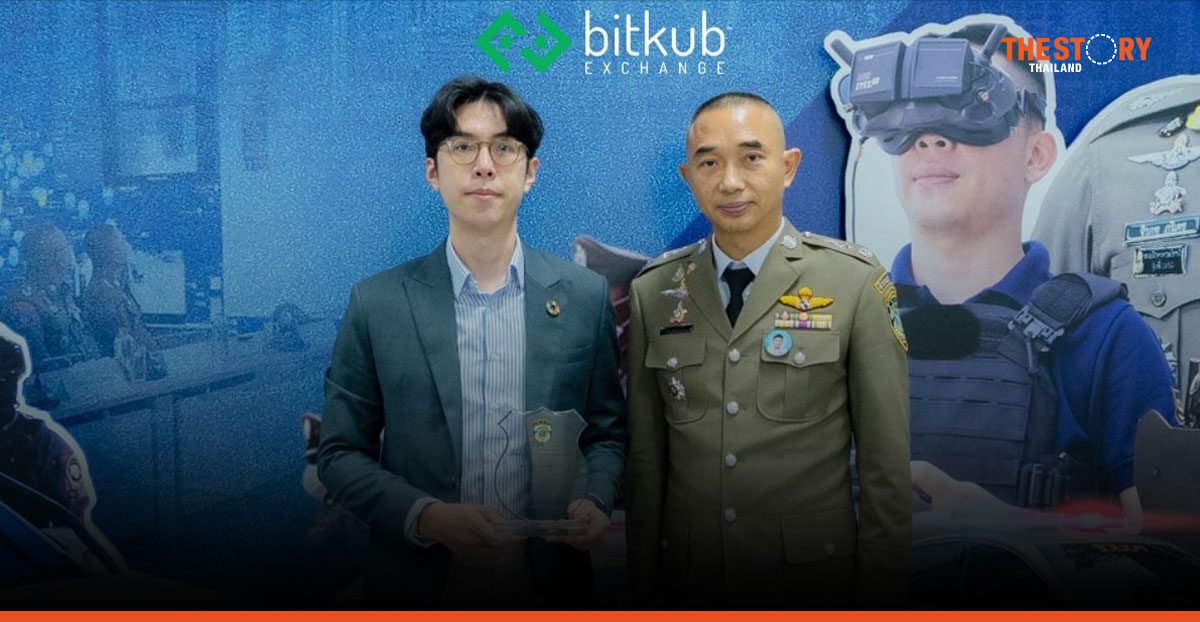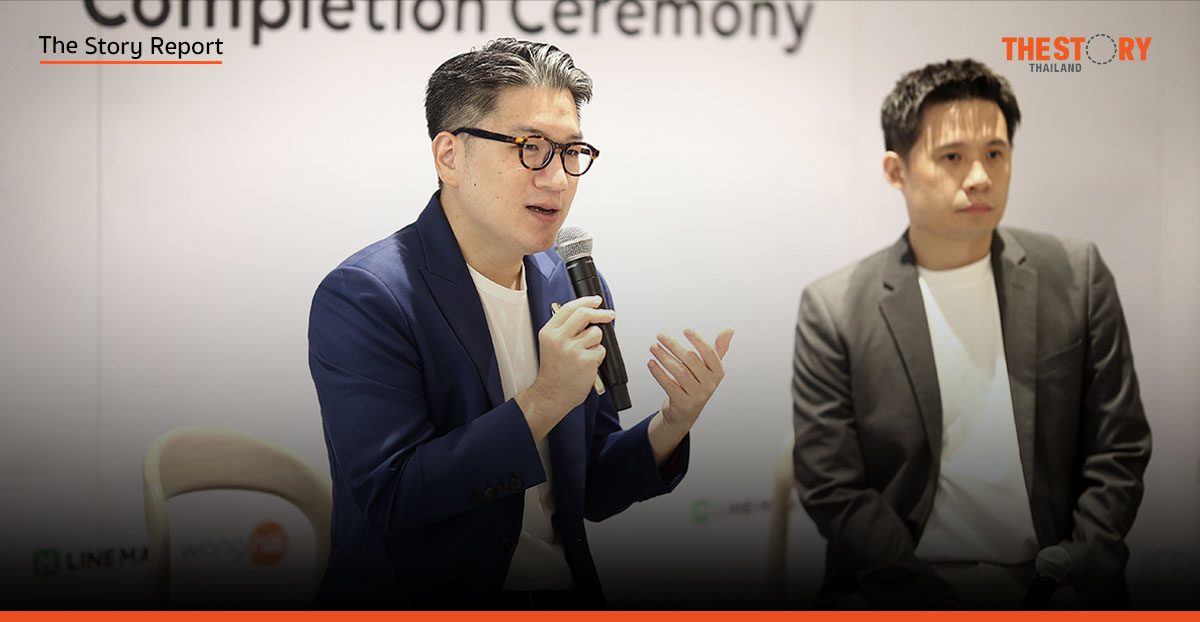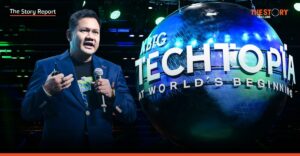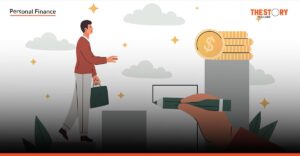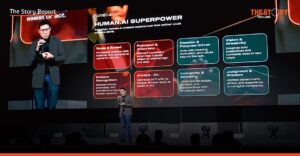In the vibrant economic landscape of Thailand, a paradox lies at its heart. The very engines of its growth—the millions of agile small businesses (SMEs), freelance creatives, and gig economy workers—have long been the most excluded from the traditional financial systems that could fuel their ambitions. This is not just a missed opportunity; it’s a systemic barrier holding back the nation’s full potential.
However, a new chapter is being written. At the recent Techsauce Global Summit 2025, a landmark discussion on “Inclusive Finance for All” brought together key industry leaders who mapped out a future where this gap is finally closed. The vision they shared was not one of incremental change, but of a fundamental rewiring of finance, driven by powerful technology and a renewed sense of purpose.
Seeing the Unseen: A Fundamental Shift in Perspective
The first principle of this new era, the panelists agreed, is a profound shift in perspective: from viewing large segments of the population as a “risk” to recognizing their untapped “potential.” The problem has never been the creditworthiness of the people, but the inability of the old system to see it.
“The issue is not that they don’t qualify, but that the system wasn’t built for them,” explained Ithinan Watsuksanti, Head of Lending at Ascend Money. Traditional models, fixated on formal salary slips and credit histories, are blind to the realities of a modern workforce. This sentiment was echoed by Panawat Innurak, Head of Personalized Customer Engagement & Experience at ttb, who noted that banks often “see only one part of the customer,” creating an incomplete and often misleading picture.
This systemic blindness was vividly illustrated by Tee Chayakul, Head of Lending (Thailand) at Bettr. He shared the story of a successful, 30-year-old recycling business that, despite its proven track record, was denied a loan to manage its daily cash flow. The reason? Its primary asset—a steady stream of accounts receivable—did not fit the rigid collateral requirements of traditional banks. Forced to turn to informal lenders, the company’s growth was stifled. This single anecdote captures the plight of countless businesses and individuals with real assets and proven viability who remain locked out of the formal economy.
The Arsenal of Inclusion: Technology’s Role in Bridging the Gap
To see what was once invisible, a new generation of finance is leveraging a powerful arsenal of technology. The first of these tools is alternative data. Tee Chayakul described this as the art of harnessing “mundane data”—such as location patterns, digital device usage, and platform transaction histories—to build a true-to-life picture of financial behavior. He cited the powerful example of unlocking credit for ten million ride-hailing drivers in China, a group previously deemed unbankable due to their lack of a monthly salary.
This wealth of new data, in turn, fuels the engine of Artificial Intelligence. As Ithinan Watsuksanti explained, the “one-size-fits-all” model is obsolete. AI enables hyper-personalization, allowing for the design of tailored products, customized user journeys, and more accurate risk models to deliver “the right product to the right customer at the right time.”
These solutions are then delivered through revolutionary channels. Embedded finance brings financial services directly into the e-commerce, ride-hailing, and delivery apps people use every day. This frictionless experience is set to be accelerated by the rise of Virtual Banks—agile, low-cost digital institutions designed to offer a full suite of tailored financial products, from savings and investments to insurance.
The Soul of the New Machine: Marrying Digital Power with a Human Touch
As finance becomes more automated, a crucial question arises: how do we ensure these powerful tools are wielded with wisdom and empathy? The answer, presented by Panawat Innurak, lies in the philosophy of “Humanized Digital Banking.” This approach argues that the goal is not full automation, but a synthesis of digital efficiency and genuine human understanding.
He shared a compelling case study of a customer applying for another high-interest loan. The bank’s digital system analyzed utility payment data and identified a hidden asset—a home. But the pivotal moment was human. A specialist reached out and, instead of processing the transaction, asked a simple question: “What pains you have?” This empathetic inquiry transformed the conversation, revealing that the customer was struggling with multiple debts.
The bank was then able to offer a debt consolidation solution that slashed his interest rates from over 20% to under 10%. “This is what we call human with digital,” Panawat asserted. “It’s not because we have the lowest rates, but because we truly understand the customer.”
This philosophy extends beyond crisis intervention. It encompasses a long-term commitment to a customer’s financial well-being—starting with building savings discipline, progressing to healthy borrowing for life goals like a home or car, and eventually moving to wealth creation and protection.
The Blueprint for a Nation: Scaling Inclusion Through Collaboration
While individual technologies and philosophies are transformative, achieving “Inclusive Finance for All” on a national scale demands a new model of cooperation. As Tee Chayakul noted, “This problem is way bigger than any one company can handle alone.”
The future is an ecosystem built on collaboration. It is a symphony where banks provide their invaluable trust, scale, and structural foundation; fintechs contribute their speed, agility, and user-centric innovation; and technology providers offer their specialized platforms and global expertise. For these partnerships to succeed, they must be built on a shared, customer-centric goal and clear frameworks for cooperation.
The journey ahead is not merely about launching new apps or faster loans. It is about fundamentally re-architecting the financial system to be more equitable, more empathetic, and more empowering. It is a shared mission to build a resilient Thai economy where no one is left behind, and everyone has the opportunity to build a better future.
Beyond the Beaches: Cracking Thailand’s ‘Travel DNA’ to Forge a New Era of Tourism
SCG H1 EBITDA jumps 21% on deep cost cuts, issues dividend


